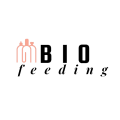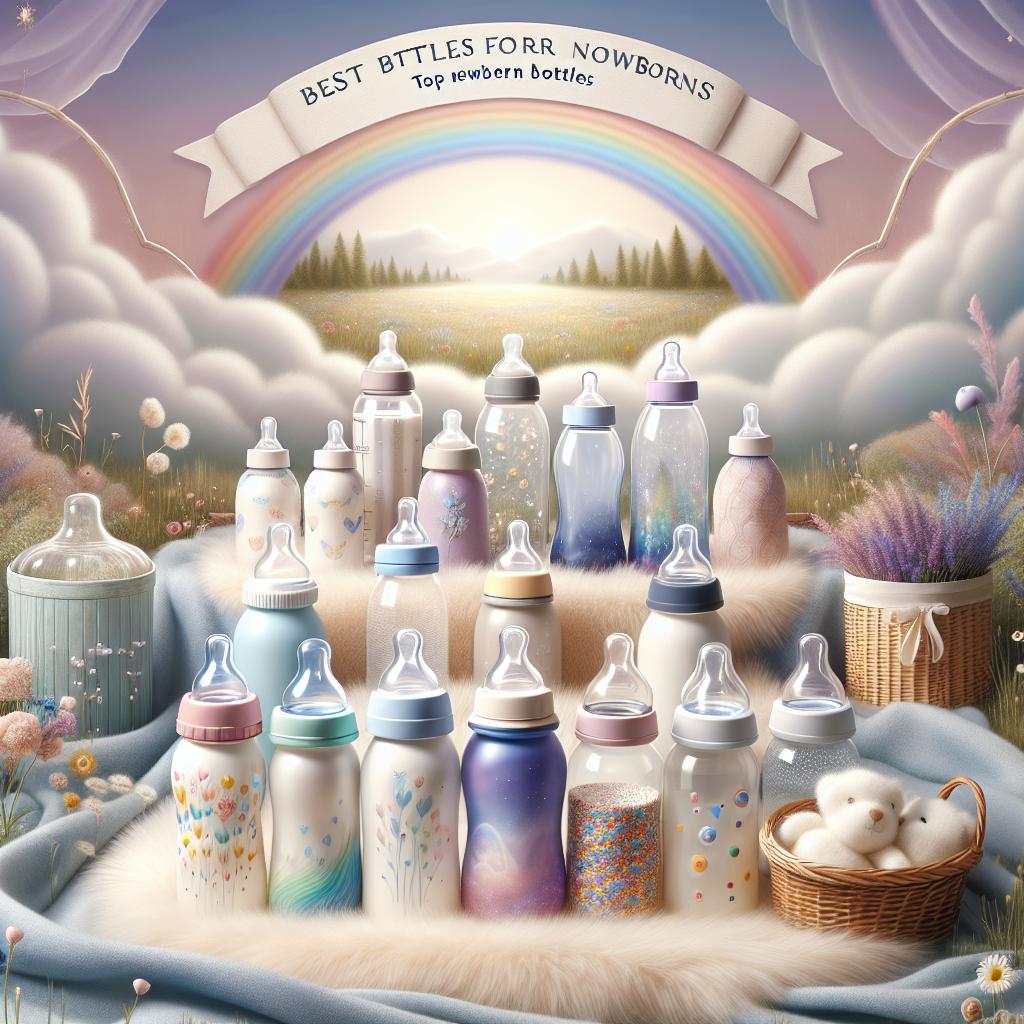Choosing the Best Bottles for Newborns
Choosing the best bottles for newborns is a vital part of the early parenting journey. With countless options on the market, making an informed choice may seem daunting. In this article, we will simplify this process, focusing on the top newborn bottles suitable for every stage of your baby’s growth.
Why the Right Newborn Bottles Matter
The right bottle can do more than just feed your baby. It can help:
- Minimize feeding stress
- Promote healthy oral development
- Seamlessly transition between breast and bottle feeding
- Support digestion and reduce colic
Choosing the best bottle for your baby’s growth stages is dependent on your baby’s feeding style, comfort, and health needs.
The Top Newborn Bottles in the Market
There are numerous newborn bottles in the market that parents rave about. Here are a few:
1. Comotomo Natural Feel Baby Bottle
This bottle is uniquely designed to mimic breastfeeding, making it ideal for babies who frequently switch between the breast and the bottle. The naturally shaped, soft, silicone nipples are perfect for babies who have trouble transitioning from nursing to bottle-feeding.
2. Dr. Brown’s Original Bottle
This bottle is a favorite among parents due to its innovative vent technology that channels air away from your baby’s milk to prevent gas and colic.
3. Philips Avent Anti-colic Bottles
These bottles are designed with a unique anti-colic double valve that aims to reduce colic and discomfort by venting air into the bottle, not in your baby’s tummy.
To further help you find the perfect bottle, consider looking at Amazon’s Best Sellers in Baby Bottles.
Factors to Consider when Choosing the Best Newborn Bottle
Here are some points to keep in mind when deciding on the best bottles for newborns:
- Material: Bottles can be made of plastic, glass, or stainless steel. Each has its pros and cons, so the choice will depend on what works best for you and your baby.
- Shape: Some babies prefer a specific shape over another. It’s all about finding what your baby is most comfortable with.
- Nipple Design: The right nipple design can make a big difference in your baby’s feeding experience. Some mimic the shape and feel of an actual breast, promoting a secure latch.
Choosing the right bottle will significantly minimize bottle-feeding stress, making feeding time an enjoyable experience for you and your baby.
Expert Recommendations
To further ensure your child’s oral health, consider the recommendations of pediatric dentists regarding the best types of bottles.
As always, no one size fits all. Your baby will have their individual preferences and needs, so you may need to try a few options before finding the perfect fit. Remember that your primary goal is the comfort and health of your baby.
Switching Between Breastfeeding and Bottle-Feeding
If you plan on alternating between breastfeeding and bottle-feeding, then your bottle choice becomes even more critical. Select a newborn bottle that closely mimics the breastfeeding experience to ensure a smooth transition between breastfeeding and bottle-feeding.
This search for the perfect bottle can be a trial and error process, but don’t despair. Once you find the right fit, feeding your newborn could become one of the most enjoyable moments you share together.
Considering Your Baby’s Age and Stage
The type of bottle you’ll need can also depend on your baby’s age and developmental stage. A newborn requires a different kind of bottle than a six-month-old. So it’s always wise to update your baby’s bottle as they grow and develop.
Additional Features
Beyond the material and shape, some other features to consider when buying a baby bottle can include:
- Anti-colic features: Some bottles have special vents or angles that prevent air from mixing with milk. This helps to reduce gulping and subsequent gas and colic.
- Dishwasher safe: If convenience is key, look for bottles that can be sanitized in a dishwasher.
- Bottle Size: Small bottles are suitable for newborns, while larger ones are better for older babies who consume more milk or formula.
Babies with Special Feeding Needs
For babies with special feeding needs, there are bottles specifically designed to make feeding easier and more comfortable. For babies who are premature or have a cleft palate, consider bottles with special valves or soft, squeezable bodies.
How Many Bottles Do You Need?
The number of bottles you need can depend on whether you are solely bottle-feeding or are also breastfeeding. If you’re only bottle feeding, aim to have at least six to eight bottles on hand. This ensures you have enough clean bottles ready for each feeding throughout the day.
Choosing the Best Baby Bottles: Editorial Reviews
For an extensive review of the best baby bottles on the market according to reliable sources, you can refer to comprehensive reviews from credible websites like New York Magazine or Good Housekeeping.
Safety Tips When Using Baby Bottles
While choosing the right baby bottle is essential, it’s equally crucial to follow safety tips while using them. Some vital safety tips include:
- Always check the bottle and nipple for signs of wear. Discard damaged or cracked bottles so as not to pose a choking hazard.
- Ensure the bottle is cleaned and sterilized properly before each use.
- Follow the recommended guidelines on milk or formula preparation.
Summary
Choosing the best bottle for your newborn involves considering numerous factors, from your baby’s comfort and health needs to convenience for you. It might require trying multiple bottles before you find the ‘perfect fit’, but rest assured, that perfect bottle is out there.
Now that you know how to choose the right bottle, your feeding journey with your newborn can be less stressful, more comfortable – and a special bonding experience for both of you.
Keep in mind that what works for another baby may not necessarily work for yours. In the end, remember your baby’s comfort and health are paramount, and the perfect bottle is one that suits their unique needs the best.
A Final Note
When in doubt, don’t hesitate to consult your pediatrician. Their guidance can help navigate your baby’s specific needs and provide input on the best bottles for your newborn. Remember, every baby is different, and patience is crucial during this process.

